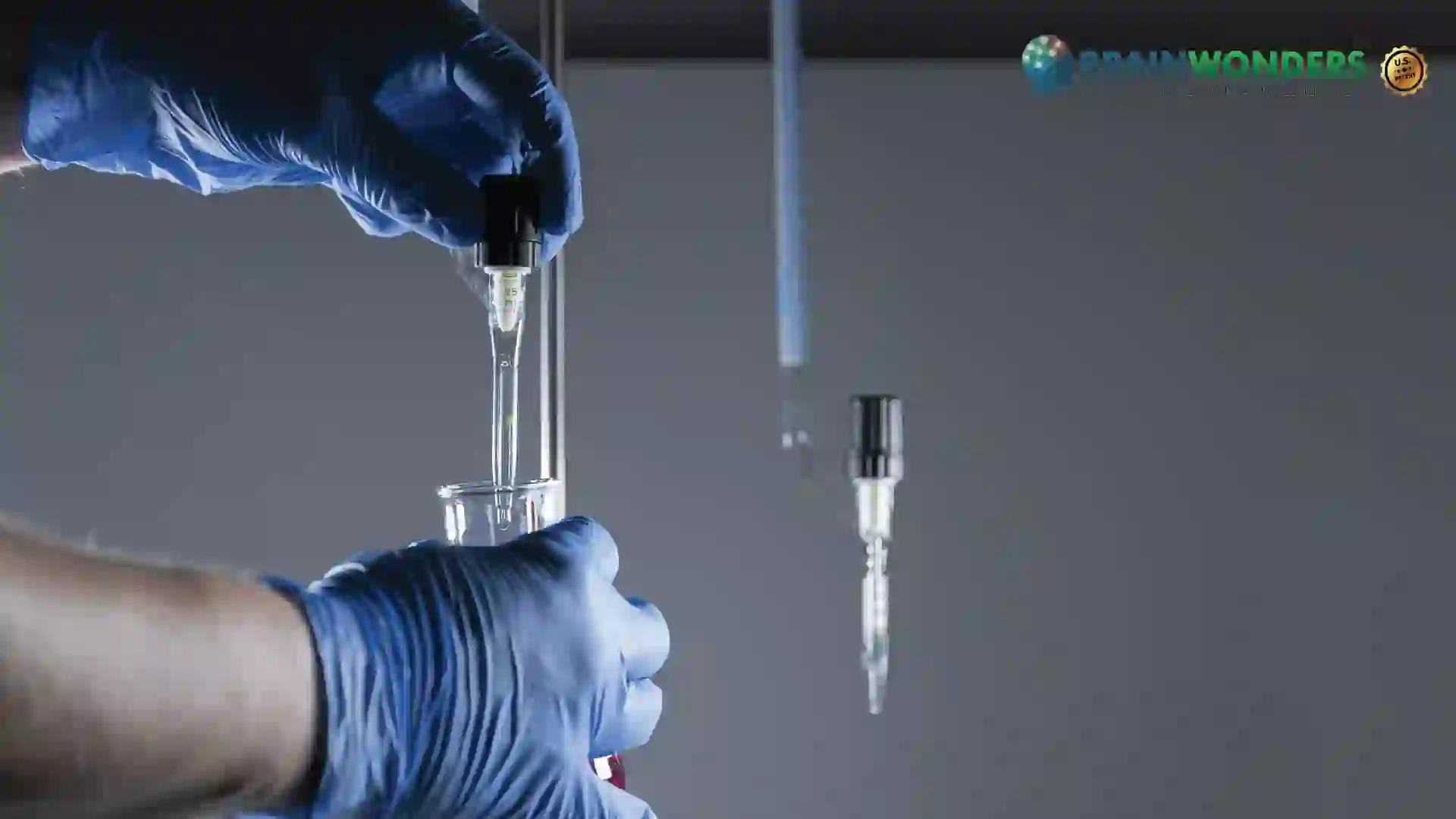How to become a Clinical Researcher
Overview, Courses, Exam, Colleges, Pathways, Salary

Overview
Who is Clinical Researcher ?
A person who wants to pursue a career as a clinical researcher must be active in the health and sickness industry. Clinician-led clinical research is a branch of healthcare science that encompasses the investigation of diagnostic items and technologies, as well as assistance in the protection and efficacy of drugs and therapies for human consumption. It is one of the most difficult fields of medicine to practise. This area of medicine works at research institutions, where they work with pharmaceuticals and try to develop remedies for a variety of medical issues.
Each medicine must be tested by a researcher before it can be introduced into the market, which has resulted in a significant increase in the demand for Clinical Researchers in recent years. They investigate the most effective concepts and ways for dealing with the prevention and treatment of a variety of illnesses. In clinical trials, researchers run studies that are designed to explain certain issues in medicine and behavioural sciences.
As a Clinical Researcher, your primary responsibility is to evaluate and define the safety and effectiveness of novel medical goods and treatment programmes that are intended for sustaining and recovering health. Another important task that they are in charge of is ensuring that the trials are done in an ethically sound way. A clinical researcher may find employment in a range of settings, including healthcare, university departments, government research, and pharmaceutical companies, among others.
Clinical researchers design and monitor clinical trials to determine whether new medical inventions are effective and safe. The following are some of the research specialisations available: Treatments and medications for medical conditions Vaccines and illness prevention are important. Practices in the field of diagnosis Health screening procedures are used. The overall quality of life Genes and genetic information Diseases and disorders
Typical day at work
What does Clinical Researcher do?
A clinical researcher is given the responsibility to mandatorily follow the following:
- They are required to record case report forms, drug distribution records, or regulatory forms.
- They are responsible for preparing and controlling the budget for research as well as clear out financial payments.
- They must enter study data into the application database whenever required.
- They must be involved in keeping records of study related material that includes medical supply records, case report forms, etc.
- They must keep a record of unfavourable events and side effects and hold discussions related to the broadcasting of events.
- They are expected to keep in touch with researchers or laboratories about laboratory findings.
- They must identify queries, inform researchers about the difficulties faced, and assist in problem-solving
- They must consult with health care professionals for getting the best hiring practices for clinical trials.
Abilities and Aptitude needed
What are the skills, abilities & aptitude needed to become Clinical Researcher?
In order to be effective, a clinical researcher must possess the following abilities: Organization Strong organisational abilities are required for clinical researchers in order to arrange complex experiments, develop timetables, and keep track of patients. The assistance of organisations may assist them in putting budgets in place and meeting all project deadlines. Observation During screening and clinical trials, clinical researchers thoroughly assess the individuals. They must have great observational abilities in order to spot changes and monitor essential data in order to be effective. Analyze the data Following the collection of data, clinical researchers must evaluate it in order to reach scientific findings. They may utilise their analytical abilities to interpret and comprehend data, which will aid them in evaluating the safety and effectiveness of the research. If you are developing a novel pharmaceutical, for example, clinical researchers will utilise data to determine how successful the treatment will be in treating a particular ailment.
Presentation Clinical researchers may be required to submit their results to a group of physicians, scientists, or other experts from their respective industries in order to have their findings published. Presentation abilities such as speaking confidently, establishing eye contact, and providing visually attractive information might help them be successful in their endeavours. Attention to detail To ensure patient safety, clinical research and trial data must be as precise as possible. To guarantee that material is accurate, researchers must pay close attention to the smallest of details. Verbal communication is important.
Clinical researchers may interact with a variety of people during their careers, including patients, physicians, scientists, and medical panels. They will need excellent verbal communication skills in order to recruit patients, explain the stages of the research, and discuss the findings with a variety of different groups of people. Writing Clinical researchers create extensive reports to describe the findings of a clinical experiment. Furthermore, they may write papers for scientific publications, and they may utilise their writing talents to create clear and compelling written material.
Salary
Salary for Clinical Researcher?
The average annual salary for a clinical researcher is 9,94,149 in India.
Pathways
How to become an Clinical Researcher?
Entrance Exam
Entrance Exam for Clinical Researcher ?
To enroll into a Bachelor's Program, it is essential for the aspiring candidate to clear entrance exams conducted by various educational institutes. Most widely conducted entrance exams for career are
- Karnataka Post Graduate Common Entrance Test (Karnataka PGCET)
- Guru Gobind Singh Indraprastha University Common Entrance Test (IPU CET)
- Manipal University Online Entrance Test (MU OET)
- Central Universities Common Entrance Test (CUCET)
- Mahatma Gandhi University - Common Admission Test (MGU CAT)
- Bharati Vidyapeeth Common Entrance Test (BVP CET)
- Indian Statistical Institute Admission Test (Isi Admission Test)
- Tamil Nadu Common Entrance Test (TANCET)
- Indian Institute of Technology Joint Admission Test (IIT JAM)
- National Entrance Screening Test (Nest)
- Kalinga Institute of Industrial Technology Entrance Exam (KIITEE)
- Integral University Entrance Test (IUET)
- Gitam Science Admission Test (GSAT)
- Acharya Nagarjuna University Post Graduate Common Entrance Test (ANUPGCET)
- Birla Institute of Technology and Science Admission Test (BITSAT)
- AIIMS M.Sc. Entrance Examination (AIIMS)
- Tata Institute of Social Sciences National Entrance Test (TISSNET)
Courses
Which course I can pursue?
Best Colleges
Which are the best colleges to attend to become an Clinical Researcher?
Industries
Which Industries are open for Clinical Researcher?
- Research and development in the physical, engineering, and life sciences
- Colleges
- Universities
- Professional school
- Hospitals
- Pharmaceutical and medicine manufacturing
- Offices of physicians
internship
Are there internships available for Clinical Researcher?
The internship allows students to gain experience working in organization while studying in University. Clinical research internships offer aspirant practical knowledge in scientific research of clinical issues. The internship covers areas like technical writing, drug application review, clinical investigation. Clinical researcher works on subjects like differentiated cell analysis, tissue culture, nucleic acid, molecular biology and cryogenics. The internship will assist professional researcher to seek their guidance. The clinical research internship will help aspirant about a solid foundation in laboratory science and research. New discoveries and technical innovations prove that the field of clinical research is expanding and researchers are in demand.
Career outlook
What does the future look like for Clinical Researcher?
Depending on the person`s interests, a wide range of employment choices are accessible from several clinical research courses. Clinical researcher employment rates have lasted longer than the average for all professions throughout the following 10 years. They operate in a variety of settings, including hospitals, clinics, and laboratories. The clinical researcher will contribute to the advancement of treatment processes and the creation of drugs that aid in human health improvement. Clinical research project managers, clinical research coordinators, clinical research physicians, biostatisticians, clinical research analysts, as well as programmers in clinics, hospitals, and Health Services Managers, are all important jobs for clinical researchers.
Pharmaceutical businesses or contract research organisations (CROs) that perform research on behalf of pharmaceutical corporations are common employment. Companies have different career structures. The rate at which you advance through the grades is determined by a variety of variables, including desire, training and development opportunities, aptitude, and prior experience. You might start as a clinical trial administrator or a junior researcher before becoming a clinical researcher.
A junior researcher works on pre-trial processes, setting up and organising clinical trial sites (with limited supervision), and archiving papers and communications. You may advance to the position of senior clinical researcher if you have the proper mix of skills and experience. Selection of investigators, coordination of ethical committee and regulatory authority applications, supervision of trial supplies, and attendance at investigator meetings will all be part of the job. As your career progresses, you`ll be in charge of overseeing, training, and mentoring younger employees, as well as project management of whole trials (potentially on an international scale), protocol creation, and case report form design (CRFs).
Working for a contract research organisation allows you to get experience working with a range of sponsor pharmaceutical firms in various therapeutic areas and stages of clinical research. This may open up opportunities for you to work for a pharmaceutical firm. Because some organisations use clinical researchers on a freelance basis, self-employment may be an option. This is normally something to consider once you`ve gained some expertise, connections, and customers.







